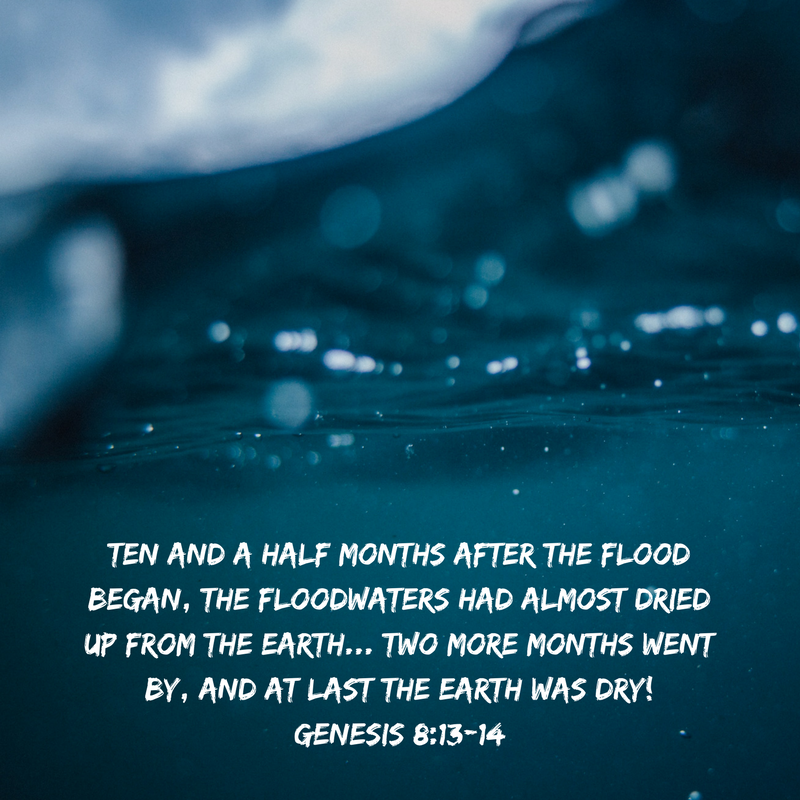This is the sin of your sister Sodom: She and her daughters were proud, had plenty to eat, and enjoyed peace and prosperity; but she didn't help the poor and the needy. They became haughty and did detestable things in front of me, and I turned away from them as soon as I saw it. —Ezekiel 16:49-50
Sodom was destined to go up in smoke.
Wickedness was its perpetual clime.
Evil, like tinder, was ripe for a stoke:
It would ignite in a matter of time.
Greed ripened into perversion untold.
Townsfolk adopted the tricks of the shrike,
Burning with passions and lust uncontrolled,
Raping the wallet and person alike.
Lot was not righteous, not even a lick,
But he was willing to run for his life—
Run from the evil that threatened to stick.
Will we be like him, or more like his wife?
Greed dug its claws in and caused her to halt,
Turning her into a pillar of salt.
Sonnet: A poem consisting of 14 lines with a particular rhyming scheme.




















